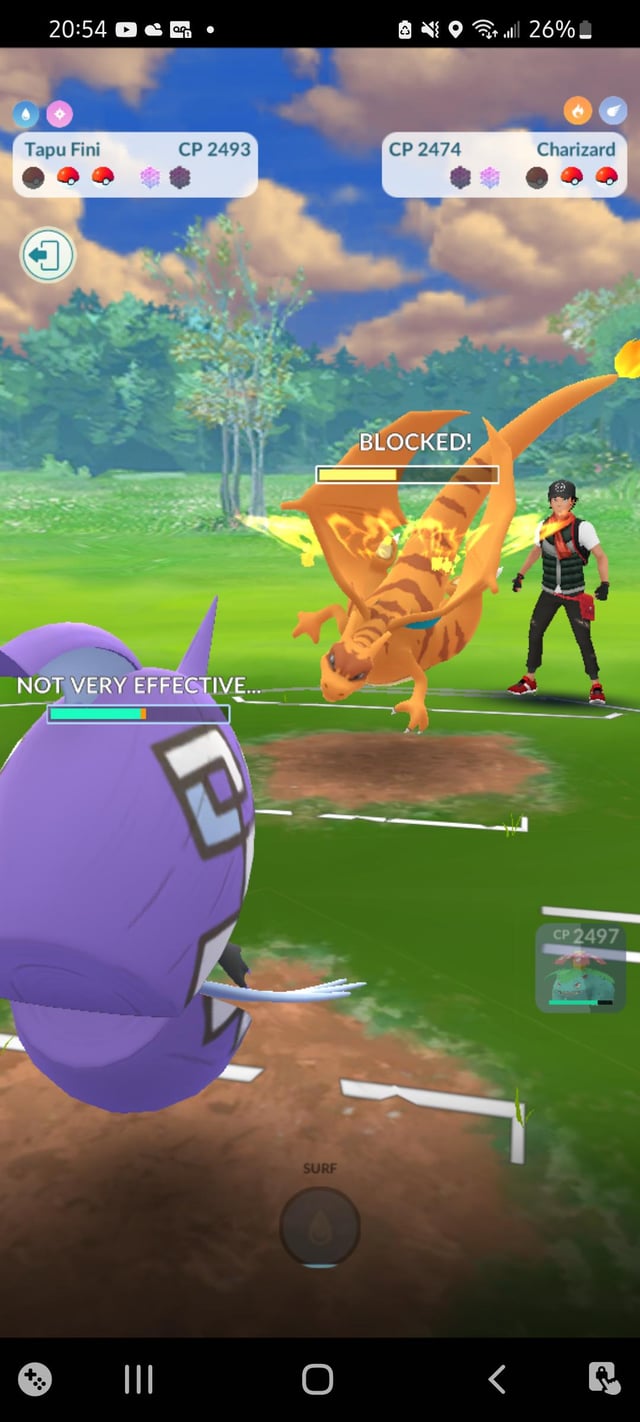Alright, buckle up, because I’m about to walk you through my adventure of trying to clone a Charizard in Pokemon GO. It was a wild ride, let me tell you.

So, it all started with this burning question: Could I, a mere mortal, replicate the sheer awesomeness of Charizard in Pokemon GO? I mean, everyone wants a Charizard, right? Especially a super powered one. So I thought, “Why not try to make one myself… virtually, of course!”
Phase 1: The Research Deep Dive
First things first, I needed to understand how Pokemon GO even WORKS. I spent hours digging through articles, watching videos, and lurking on forums. I tried to figure out how the game handles Pokemon stats, movesets, and, most importantly, how rare or “special” Pokemon are generated.
I learned about IVs (Individual Values), which are like hidden stats that determine a Pokemon’s potential. I also read about different algorithms and how spawns are generated and how the game decides what you’re gonna get. Basically, how the magic happens – or at least, the illusion of magic.
Phase 2: Setting Up My “Lab”

Okay, so cloning a Charizard in the REAL game is a no-go. But I decided to build a simulated environment. This meant diving into Python and some game development libraries. I figured, if I can’t clone it in the game, I can simulate a scenario where I could.
- I started by creating a simple Pokemon class with all the relevant stats: attack, defense, stamina, and of course, IVs.
- Then, I created a function to generate Pokemon with random stats, mimicking the way they appear in the wild.
- The next thing was to set up a loop that keeps generating pokemon
Phase 3: Tweaking the Variables – The “Cloning” Attempt
Here’s where things got interesting. I wanted to see if I could influence the Pokemon generation to create a Charizard with perfect IVs. I tried a few things:
- Adjusting the probability: I messed with the code so that the probability of a Charizard spawning was ridiculously high. Think 99.99%. Not exactly cloning, but hey, gotta start somewhere.
- IV Manipulation: I tried to force the IVs to be perfect. I literally hardcoded the values. Sneaky, I know.
- “Evolution Hacking”: I also simulated the evolution process, making it so that any Charmander I caught would automatically evolve into a Charizard with maxed-out stats. Cheating? Absolutely. Fun? You bet.
Phase 4: The (Slightly Disappointing) Results
Did I successfully clone a Charizard in Pokemon GO? Obviously not in the actual game. Niantic would have my account banned faster than you can say “Pikachu.”

But in my simulated environment? Sort of. I could definitely create a scenario where Charizards were popping up left and right, all with perfect stats. It wasn’t cloning in the true sense of the word, but it was the closest I could get.
What I Learned
This whole project taught me a lot about how games work under the hood, even if it was a simplified version. I learned about probability, algorithms, and the importance of randomness in creating a balanced and engaging game experience. Plus, I got to flex my Python skills a bit.
The Takeaway
Cloning a Charizard in Pokemon GO? Impossible. But simulating the process and understanding the mechanics behind it? Totally doable, and surprisingly fun. It was a cool way to geek out and learn something new. Maybe next time I’ll try cloning a Mewtwo!
